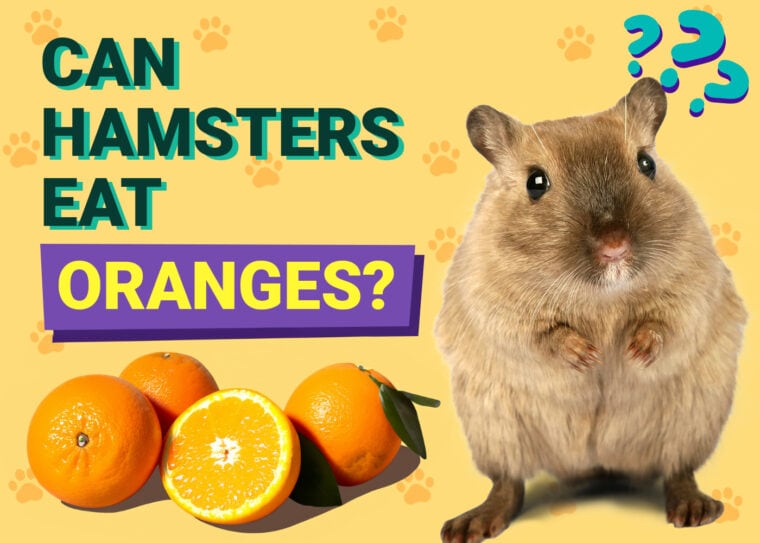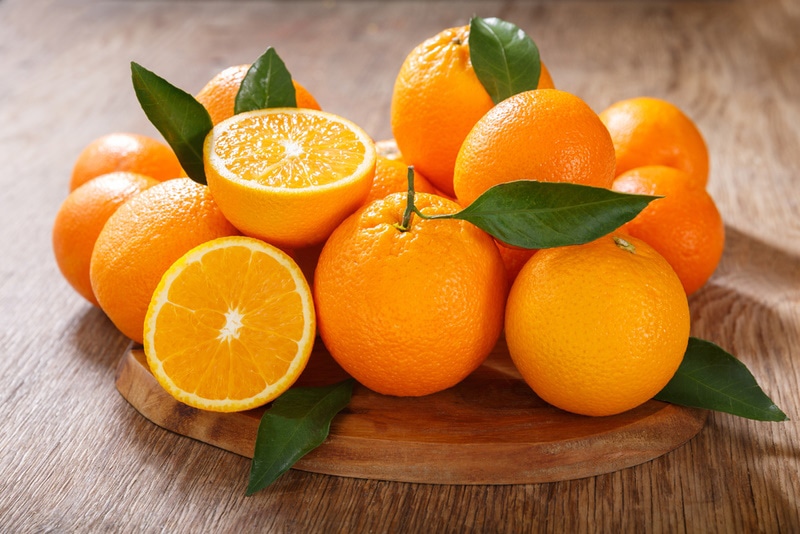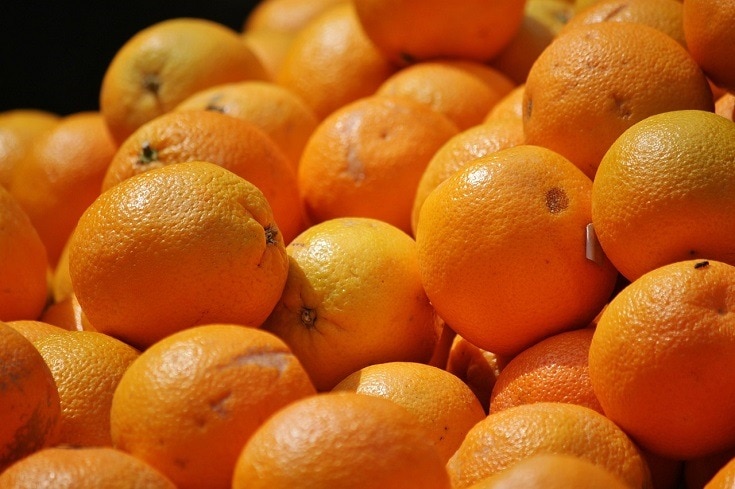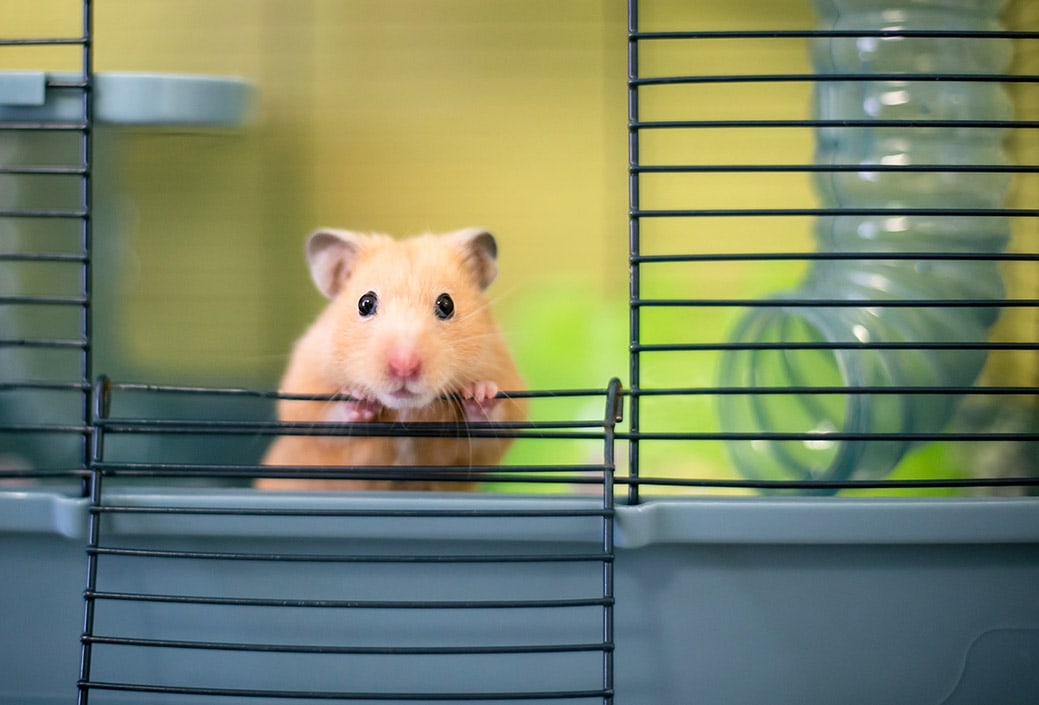
Apart from giving your hamster their staple diet of timothy hay and commercially produced hamster food, you should add in healthy fruits and vegetables as an occasional treat. That said, not all foods that are healthy for humans are good for your hamster—including several varieties of fruit.
But what about oranges? Are oranges safe to feed your hamster? While oranges are non-toxic for hamsters, it’s best to keep them off the menu. In this article, we’ll take a look at everything you need to know about feeding this delicious citrus fruit to your hamsters. Let’s get started!
Potential Benefits Contained in Oranges
We all know oranges for the large amount of vitamin C they contain, but there are several other benefits. Oranges also contain soluble and insoluble fiber, aiding in digestive function, as well as vitamin A for eye health and vitamin B6 to keep blood pressure in check.

Are Oranges Good for Hamsters?
While oranges are certainly good for humans because they’re packed with vitamin C, they are also highly acidic, so they are not good for your hamster’s sensitive digestive system. Oranges and all other citrus fruits have high acidity levels that can cause serious stomach issues, digestive issues, and even diarrhea. This acidity can also cause serious dental issues and may rapidly degrade your hamster’s teeth. The same goes for other fruits in the citrus family, including lemons, limes, tangerines, and grapefruit. All these fruits are highly acidic and should be left out of your hamster’s diet entirely.
Oranges also have high sugar content, and too much sugar can cause dental issues and even lead to diabetes in hamsters.

What About Orange Peels?
Some hamster owners give their hamster dried orange peels, as they are a tasty fibrous treat for them to chew on. However, there is no clear answer on whether orange peels offer any real benefit to hammies.
While dried peels are certainly better than fresh oranges and far less acidic, we still recommend avoiding any citrus altogether, just to be safe. There are plenty of other treats you can give to your hamster.
What Fruits Can Hamsters Eat?
Besides citrus fruits like oranges and lemons which are highly acidic, many other fruits are safe and healthy to give your hamster as an occasional treat. Just remember that all fruits contain high amounts of sugar, and too much sugar can swiftly cause obesity or diabetes in hamsters, so be sure to give any fruit to them in strict moderation. Also, make sure the fruit is as fresh as possible and washed thoroughly first. Safe fruits to occasionally treat your hamster with are:

How Often Can Hamsters Eat Fruit?
As most fruits are high in sugar and should not be a staple part of your hamster’s diet, you should limit their intake of fruit to three or four times a week at most. Be sure to remove any fruit in their cage that hasn’t been eaten for 24 hours, as it can quickly go rancid and cause stomach issues. Again, make sure the fruit is as fresh and clean as possible.
Final Thoughts
While oranges are non-toxic to hamsters and small amounts shouldn’t do any harm, they are best left out of your hamster’s regular diet. This is because oranges, like all citrus fruits, are highly acidic, which can cause both digestive and dental issues, and they are high in sugar, which no cavy should have too much of. Although there are several potential nutritional benefits of eating oranges, these are easily obtained from other sources, and your hamster won’t be missing out on anything by not eating them!
Featured Image By: Jennifer Hyman, unsplash









